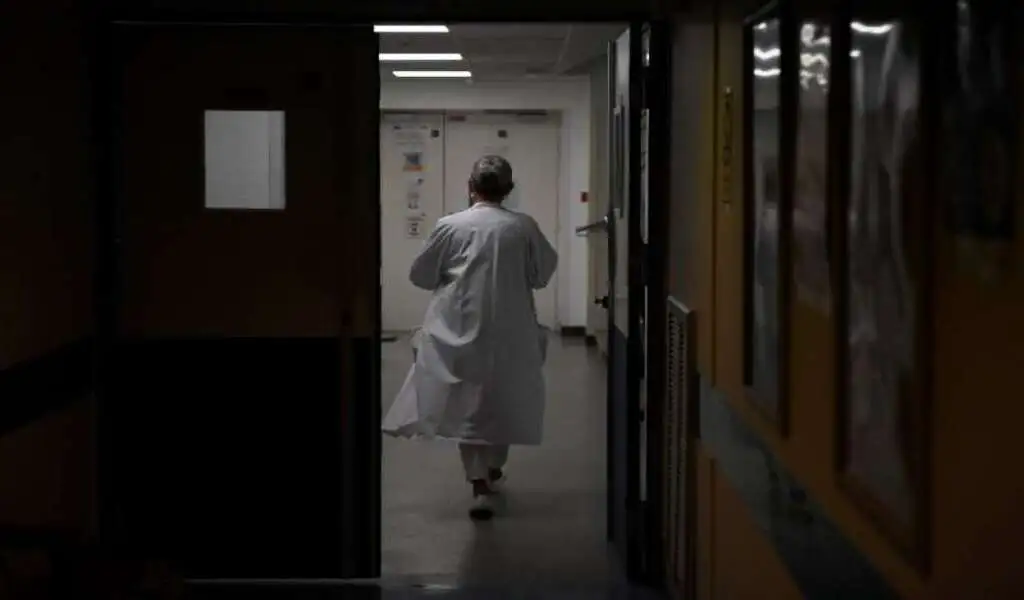Health
WHO: Monkeypox Remains a Global Health Emergency

(CTN News) – It was decided Tuesday by the WHO’s emergency committee that monkeypox should remain a global health emergency.
As a result of a meeting that took place on October 20 regarding the virus that suddenly started spreading around the world in May, WHO said that the experts “held the consensus view that the event continues to meet the … criteria for a Public Health Emergency of International Concern.”
In July, the United Nations health organization declared the first public health emergency of international concern, the so-called PHEIC, its highest level of alarm.
While some progress had been made in the fight against the disease, the experts said it was still too early to declare the outbreak ended.
According to the Monkeypox statement, WHO chief Tedros Adhanom Ghebreyesus had accepted and agreed with the advice given by the experts.
According to the World Health Organization, monkeypox has killed 36 people over the past six months. This is out of over 77,000 cases that have been reported across 109 countries.
The disease suddenly began spreading outside the West African countries where it had long been endemic.
As far as the outbreak outside of West Africa is concerned, it has mostly affected young men who have had sex with other men.
However, since the peak of the outbreak in July, the number of people infected with the disease, which causes fever, muscular aches and large skin lesions resembling boils, has consistently fallen, especially in Europe and North America, which were the hardest Monkeypox hit areas in the early stages of the outbreak.
According to the World Health Organization, the number of new cases across the globe fell by 41 percent in the seven days up to Monday. This is compared to the previous week.
Despite this, WHO’s emergency committee warned that there were still a number of lingering causes for concern that needed to be addressed.
There has been ongoing transmission in some regions, ongoing inequalities in preparedness and response within and between countries.
In addition, there is a potential for more severe Monkeypox health impacts if the virus begins spreading to more vulnerable populations as a result of a greater spread.
Additionally, they emphasized the threat of stigma and discrimination, weak health systems in some developing countries, which contribute to underreporting.
In addition, they emphasized the lack of equitable access to diagnostics, antivirals, and vaccines in these countries.
SEE ALSO:
African Malaria Progress Could Be Halted By Invasive Mosquitoes






























